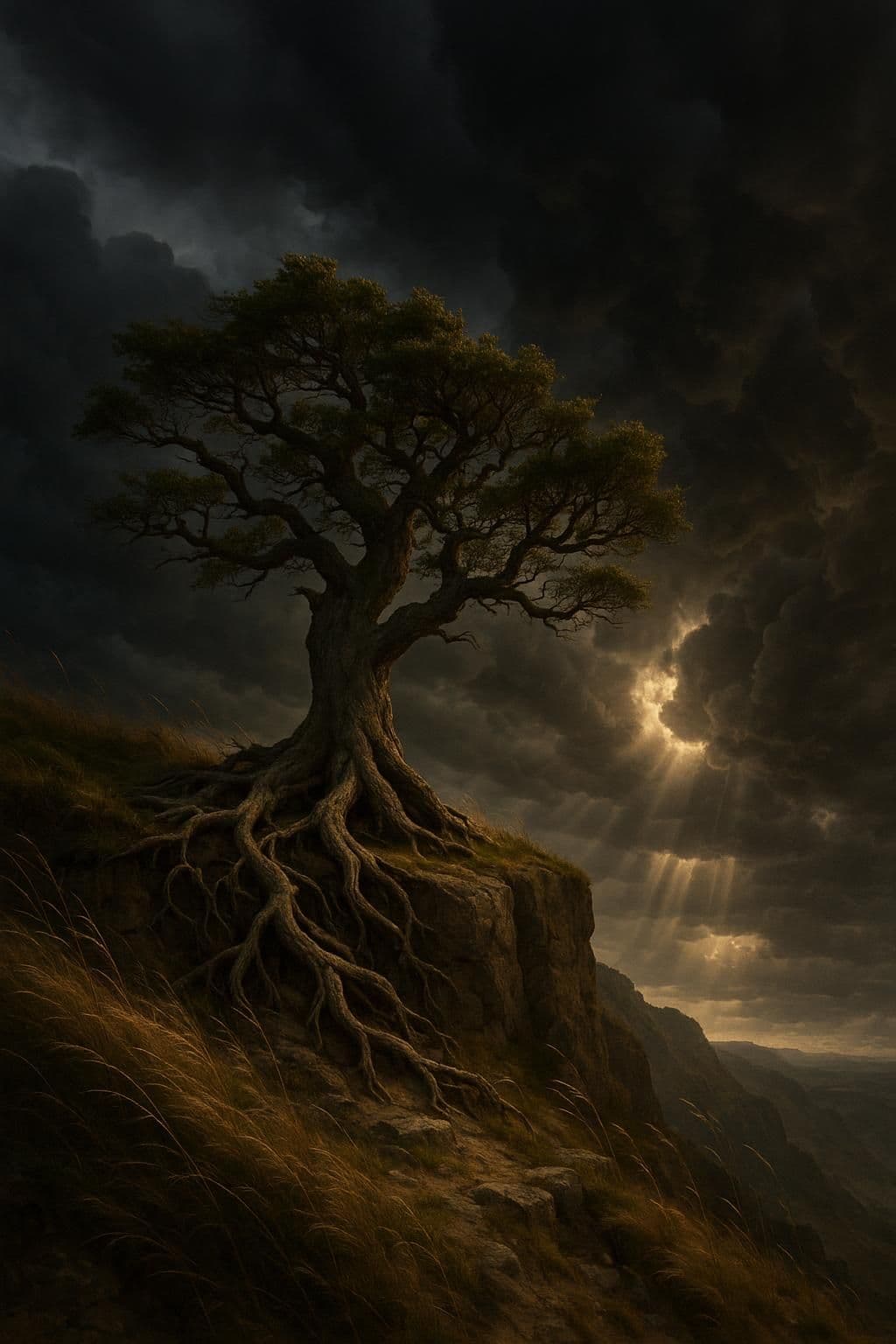Endurance as Both Process and Resolution

The only way to endure is to endure. — W.E.B. Du Bois
—What lingers after this line?
One-minute reflection
What feeling does this quote bring up for you?
The Essence of Du Bois’s Statement
W.E.B. Du Bois’s succinct reflection, 'The only way to endure is to endure,' distills the concept of perseverance into its purest form. He removes any pretense of easy shortcuts or secret formulas, suggesting instead that the act of enduring is self-reinforcing. This tautological wisdom resonates with anyone who has faced adversity, offering a stark reminder that sometimes, the mere act of persisting is victory in itself.
Historical Context: Endurance in Struggle
This insight takes on deeper meaning in light of Du Bois’s lifelong advocacy. As a founding figure of the NAACP and a relentless critic of systemic racism, Du Bois understood the grueling nature of social change. His era required not just hope but relentless resilience—mirrored in his autobiographical writings, where he repeatedly emphasizes the value of unwavering determination in the face of uncertainty and hostility.
Philosophical Resonance: Stoicism and Perseverance
Philosophically, Du Bois’s view parallels ancient Stoic thought. In Seneca’s Letters (c. 65 AD), the Stoic sage counsels that enduring hardship is itself a virtue, cultivated through repeated practice. Both Du Bois and the Stoics reject magical thinking, instead elevating the repetitive act of enduring as its own reward—a process that gradually strengthens character.
Modern Psychology: Grit and Growth
Contemporary psychology echoes this wisdom through research on 'grit,' defined by Angela Duckworth as passion and sustained persistence toward long-term goals. The science suggests that the capacity to keep going, even when progress seems invisible, predicts success more reliably than talent or intelligence. In this way, enduring difficulties not only enables survival but also personal development.
Learning from Endurance: Community and Hope
Reflecting on endurance, especially in marginalized communities, reveals its communal dimension. Du Bois frequently wrote about collective fortitude, as seen in *The Souls of Black Folk* (1903). Persistence becomes more bearable when shared—each act of endurance inspiring others. Thus, enduring adversity is not a solitary burden but a catalyst for communal resilience and, ultimately, hope.